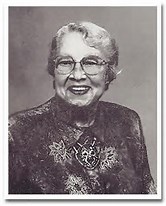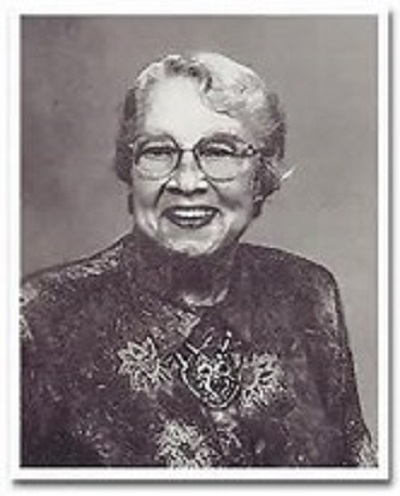
Who gets remembered in the history books says a lot about who is valued. Who gets named says a lot too. This is true in the history of Unitarian Universalism as well. Let us reclaim the many people who have shaped this faith tradition, and who have been left out of our remembering. Today, we remember and honor Margaret Moseley, an African-American Unitarian civil rights activist who was born in Dorchester in 1901, and for whom UU Community Coop Margaret Moseley House was named.
Worship Leader and Preacher: Rev. Tricia with Worship Associate Katherine Jenkins
Read the full sermon here.

